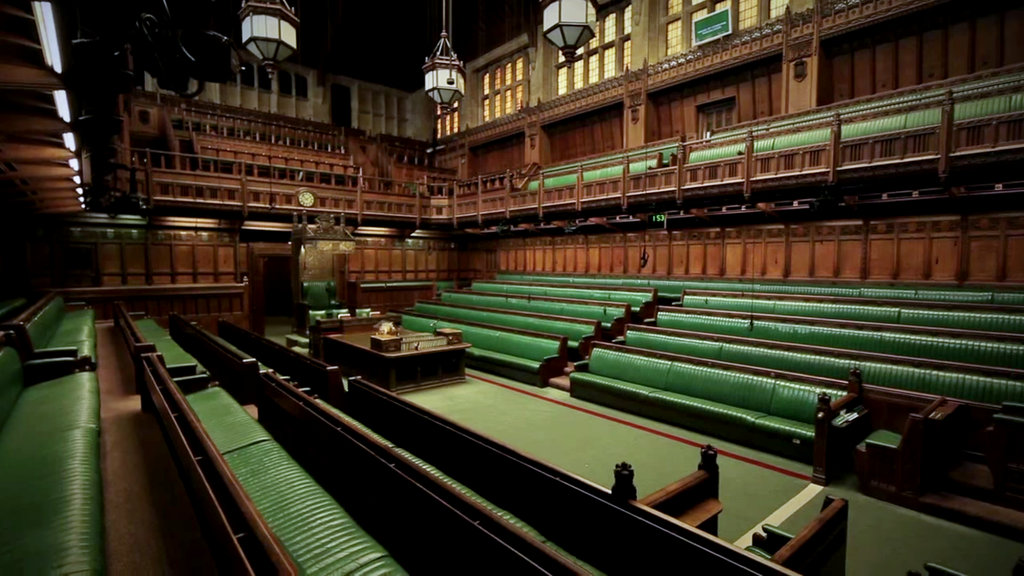Keir Starmer campaigned on a platform committed to making significant changes to the country’s climate, energy, and environmental policies, albeit with some significant cuts to initial pledges in the final run-up, case in point the £28bn annual commitment to greening the economy. Now just one month into his new government, are these priorities delivering meaningful results?
A pivot away from pessimism
In recent years, successive Conservative governments have cast some doubts on whether the UK could cover the economic costs of net zero, leading to policy rollbacks and delays that unsettled many environmentalists as well as businesses crying out for policy certainty. Conversely, Labour’s victory has signalled a pivot, with the new government prioritising a robust agenda for net zero and climate, making it central to delivering economic growth.
Ed Miliband MP, the new Secretary of State for Energy Security and Net Zero, quickly reinforced Labour’s manifesto commitments to accelerate the transition to clean and affordable energy. Key points include setting up ‘Great British Energy’, pledging a zero carbon electricity grid by 2030, retrofitting homes, cutting fuel poverty, and repositioning Britain as a leader for net zero globally.
While these policies are more ambitious than those of the previous government, Labour has strategically framed them as essential for reducing energy costs and addressing concerns about energy independence.
How has Labour started?
In its first month, Labour has begun to outline its legislative agenda. The King’s Speech featured 40 bills — the highest number since 2005. Starmer has established the energy transition and net zero policy as key priorities for his administration, perhaps second only to economic growth – Labour would be at pains to say they are mutually reinforcing.
A central pillar of Labour’s energy policy is the creation of Great British Energy (GB Energy), a state-owned enterprise designed to secure domestic control over the nation’s energy resources. GB Energy, a public company, is intended to play a crucial role in Labour’s plan for a clean energy system by 2030 by accelerating private sector investment in renewable projects like offshore wind farms. The company would manage early-stage processes, such as environmental assessments, that often delay development. This approach could streamline project timelines and reduce barriers for private developers.
However, risks loom — GB Energy could misalign its focus, potentially crowding out private investments or by becoming overly ambitious in trying to replicate the success of established, state-owned energy companies in other countries. The true measure of GB Energy’s success will be its ability to facilitate the UK’s energy transition efficiently, rather than fundamentally reshaping the energy market itself.
The Government also announced a £7.3 billion National Wealth Fund (NWF), which aims to boost investment in key sectors such as green steel, green hydrogen, industrial decarbonisation, gigafactories, and ports. The NWF will align the UK Infrastructure Bank and the British Business Bank under its umbrella, intending to provide policy certainty and a simplified structure for private investors.
The Green Finance Institute has advised the Labour Party on structuring and implementing the NWF. Some experts have raised concerns about whether the Fund’s focus and scale are sufficient to drive the transition to a net zero economy, suggesting more emphasis on scalable solutions and nature-based projects. The success of the NWF will largely depend on how much private capital it can attract alongside the Government’s initial investment.
Challenges on the horizon
Beyond their own promises, the Government faces the challenge of addressing a backlog of overdue frameworks, strategies, and international commitments left unfulfilled by the Sunak Ministry. These include the UK Green Taxonomy, a classification system for sustainable investments that has been long anticipated by the financial sector and environmentalists alike.
The Climate Change Committee (CCC), the independent body advising the UK Government, has issued a statement highlighting that Britain is not on-track for its 2030 net zero target. Among their ten key recommendations to the Government were calls to reverse recent policy rollbacks, such as reinstating the 2035 phase-out of fossil-fuel boilers, re-imposing obligations on landlords to improve the energy efficiency of rented homes, and maintaining the 2030 deadline for phasing out new internal combustion cars and vans.
The CCC’s recommendations also underscore the financial and political challenges Labour will face in meeting its net zero goals. Balancing ambitious targets with economic realities will require significant public and private investment.
Labour’s first month in office has set a positive tone for net zero and the wider sustainability landscape, but the road ahead will be complex. Success will depend on the Government’s ability to deliver on its promises, whilst managing economic pressures and maintaining public support for a green transition that is both ambitious and equitable.






